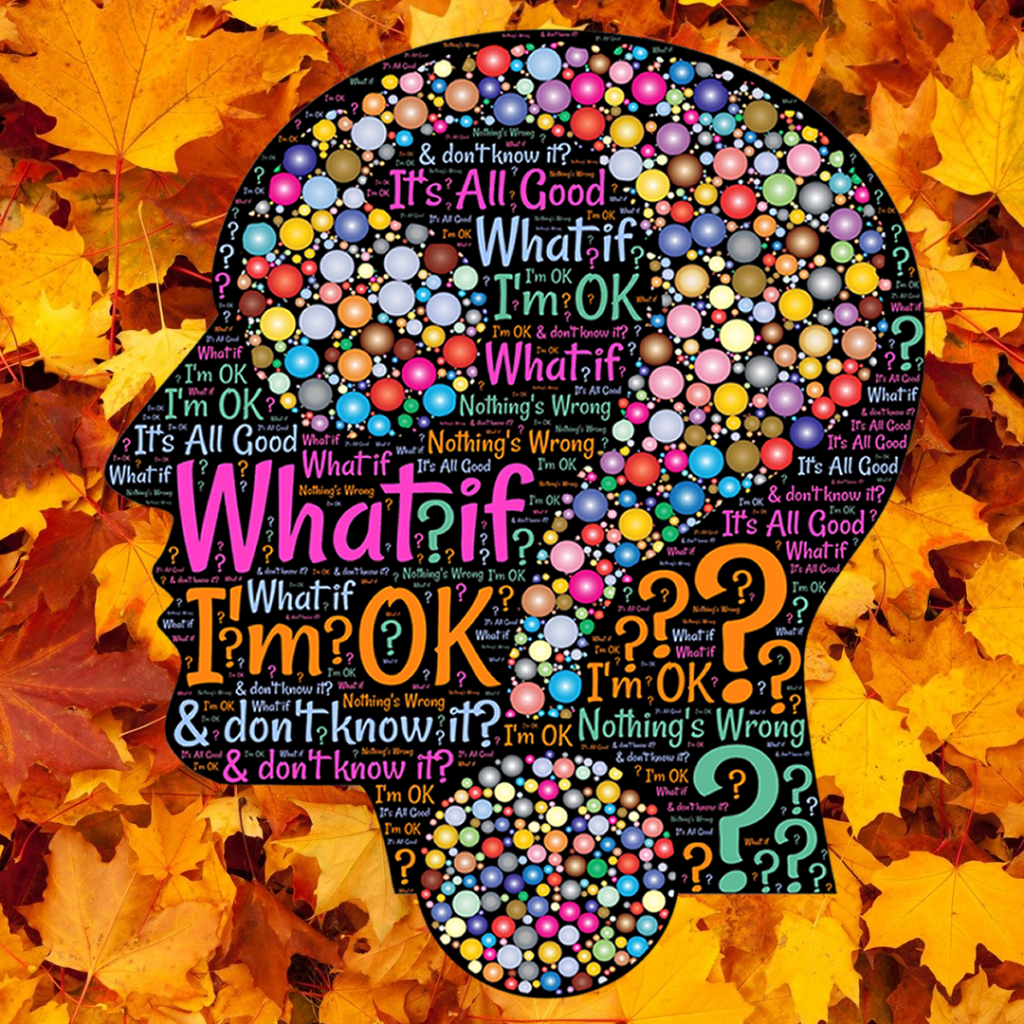The coronavirus situation is difficult for many students. As the situation continues, social isolation becomes harder to handle. Isolation makes it more difficult to build new friendships and relationships, and causes fear of loneliness. Exercise options are more limited, which threatens the balance of everyday life. Some have replaced exercise with studies or work, which means less recovery time and a greater risk of burnout.
Health worries combined with spending more time at home may make you more aware of your body and how it feels, which in turn may increase worry about your health. You may be obsessive about body awareness or washing your hands, for instance.
Money worries caused by the coronavirus situation affect many people. Studying remotely may result in diminished enthusiasm, motivation, commitment and the joy of coming up with new ideas. Exhaustion and a feeling of inadequacy become more common. What could help you?
As the coronavirus situation continues, more people are having a hard time coping and finding the resources to get through it all. There have been studies about coping modes in prolonged crises. There are some effective coping modes that people use irrespective of their cultural background. We have gathered a list of some coping modes from Ofra Ayalon’s book Rescue.
Coping modes
Coping modes are valuable in tough situations. BASIC Ph is an acronym to describe different coping modes. Its letters help you remember the different modes:
B = Belief systems. If you believe in something, the idea of something bigger than yourself may give you strength. Committing to an important mission in life can also give your life meaning.
A = Affective expression. Recognising and expressing feelings by crying, laughing, telling, drawing, dancing or with music can unburden you.
S = Social support. Spending time with other people, especially your loved ones or pets, participating in support groups, accepting support and/or taking on an important task in a group can make you feel safer.
I = Imagination/creativity. Imagining, thinking, playing, being creative and sticking to humour help to keep things in perspective. You can laugh off things and focus on positive matters.
C = Cognitive reprocessing. This means collecting information, solving problems, prioritizing, choosing a vision and creating a plan of action.
Ph = Physical behaviour. There are several physical relaxation methods – the fastest of them being deep breathing and slow, controlled exhalation. Physical activities such as running or chopping wood can also help you let off steam.
How to cope better
Take a moment to think about some difficult situation in your life. What was your most useful coping mode? Did you use several coping modes in a row? In which order? Which coping mode haven’t you tried yet? Don’t be afraid to try something new as it may turn out to be valuable in some situations. The more coping modes you have at your disposal, the more balanced your life will be.
References: www.tuimakka.fi/fiksut-selviytymiskeinot (based on Ofra Ayalon’s book Rescue and its Basic Ph principles)

